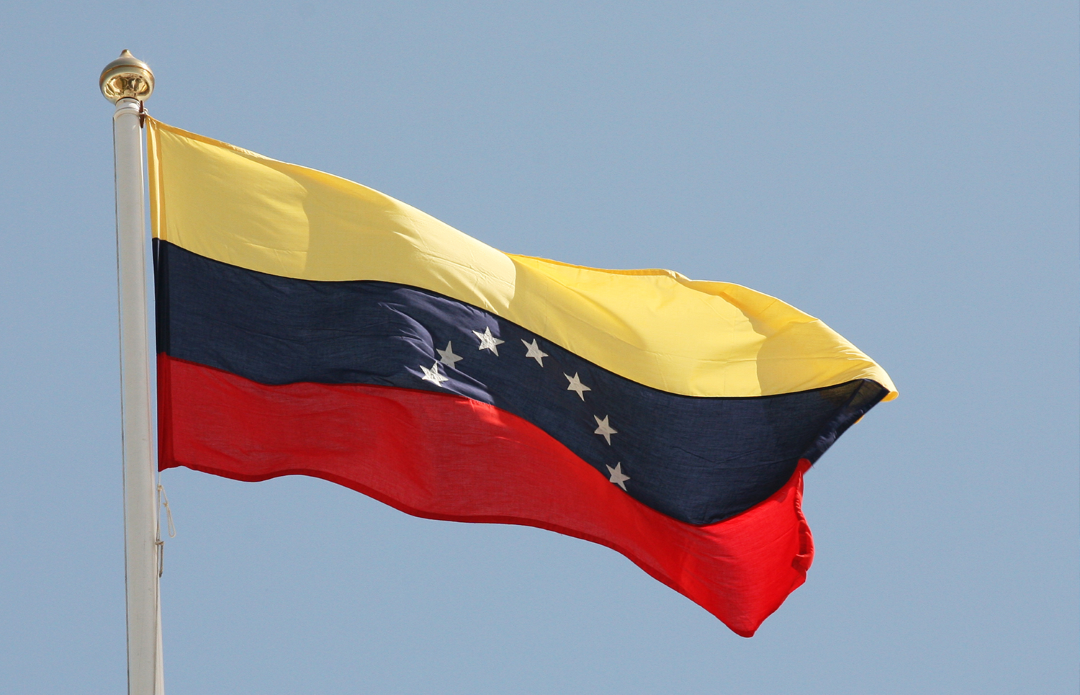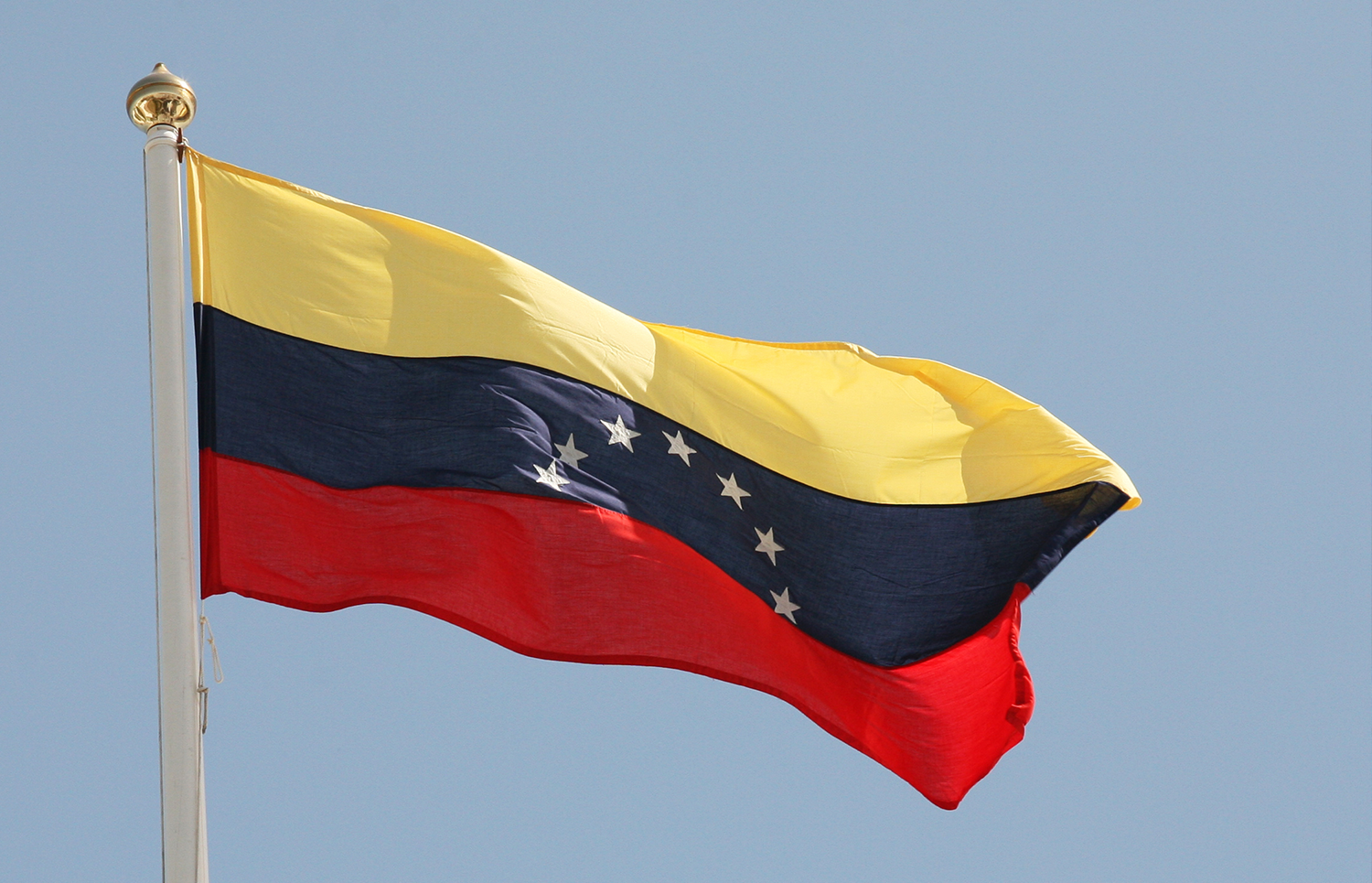(MIAMI, FL) – A survey released today by Florida International University’s Latino Public Opinion Forum found that most Venezuelan U.S.-registered voters in Florida believe that U.S. economic sanctions on Venezuela have been all-around ineffective.
• 54% believe they have not moved Venezuela toward democracy and only one-third believe that they have moved Venezuela toward democratic elections.
• 40% say that they’ve had a negative impact on the average citizen.
• Approximately 43% believe that economic sanctions have strengthened the Maduro government.
• 56% say that economic sanctions have strengthened the government’s ties with non-democratic countries.
• Almost 40% believe that they have weakened the opposition’s efforts.
• Nearly 43% agree that oil sanctions only worsen the country’s economic crisis; more than 51% believe that oil sanctions have negative consequences and provide few results in terms of political change.
• 33.5% believe that U.S. sanctions on Venezuela were designed to punish the regime and to move the country towards democratic change.
Most respondents, who reflect a crucial demographic in a politically pivotal state, said they are aware of the U.S. policy toward Venezuela (70%) and the majority claim familiarity with the different types of U.S. sanctions: 60% say they’re familiar with terrorism-related sanctions, 66% say they’re familiar with drug-trafficking sanctions, 69% claim to be familiar with antidemocratic, human rights violations and corruption-related sanctions. Respondents are most familiar with oil industry and financial sanctions (+79%).
Dr. Eduardo Gamarra, the survey’s author and director of FIU’s Florida Latino Public Forum, says he was “surprised” by the high degree of familiarity with the overall U.S. sanctions regime on Venezuela, although “this might be explained by the high education level of Venezuelan migrants as a whole,” also reflected in the sample (57% are college graduates or have received post-graduate education.) “I expected Venezuelans in Florida to be very hard-line in terms of their views on sanctions; it surprised me that a majority of respondents believe sanctions have been ineffective overall and they have negatively impacted the Venezuelan people.”
However, nearly 55% of respondents said they would like the U.S. to maintain, or increase, U.S. sanctions on Venezuela. Gamarra believes the apparent contradiction stems from the public’s understanding “that there are no other alternatives to deal with Venezuela but sanctions,” adding, “the U.S. has not had a comprehensive and ‘real’ Venezuelan policy for the past 20 years; the only tool in its foreign policy arsenal has been monolithic: sanctions. Therefore, absent of a strategy, they turn to the only thing they know.”
To underscore his argument, Gamarra also points to the fact that 40% of respondents view oil sanctions as an effective tool to pressure the Maduro government but an almost equal percentage say that oil sanctions are not the only way to force Maduro to democratize Venezuela. “People understand that sanctions can be an effective leverage but they can’t be everything. They have seen first-hand how masterfully Maduro has skirted oil sanctions to build a parallel economy and remain in power.”
Furthermore, when asked if U.S. sanctions were more effective under Trump or under Biden, a slight majority of respondents (49.5%) see Biden’s sanctions policy to be “no different” or “more effective” than Trump’s (42.8%).
As the November 30th U.S.-set deadline looms on the Maduro regime to establish a process for the rehabilitation of all the opposition candidates, including opposition primary winner María Corina Machado as well as the release of political prisoners, Gamarra believes that the survey provides valuable insights for both the Biden administration as well as for future U.S. presidential candidates. “An overwhelming number of Venezuelans registered to vote in U.S. elections want the U.S. involved in Venezuelan affairs (86%),” added Gamarra. “This notion that the U.S. should leave the region to fend for itself is not what the people need or want. Nearly 40% of respondents believe the U.S. should engage in promoting dialogue between the Venezuelan government and the opposition.”
Moreover, an overwhelming majority (69.4%) does not believe that a democratic transition is possible in Venezuela without external involvement, and nearly 40% want the U.S. to focus on efforts to help Venezuela transition back to democracy. Additionally, 39.2% believe that the best-case scenario for Venezuela is holding internationally-supervised elections.
On domestic immigration policies toward Venezuelans, respondents were generally favorable toward the Biden Administration’s policies.
• 62.6% were satisfied with the Biden Administration’s TPS policy.
• 45% agreed with the current policy of deporting undocumented Venezuelans.
• The highest approval (73%) is for the Administration’s parole policy.
Gamarra says he was “not surprised” at the level of support for deportations from fellow Venezuelans, even if the respondents, now U.S. citizens, have navigated their own immigration challenges. “This follows trends from other migrant populations. Having climbed aboard the safety of legal residency or citizenship, there’s no more room for others.”
Nevertheless, almost 40% of respondents said that Republicans have a better policy toward Venezuela and Trump is widely seen as the Republican presidential candidate with the best policy toward Venezuela (43.3%).
“There’s a generalized perception that Trump’s hard-line and aggressive rhetoric is more effective,” Gamarra explained. “It’s a typical behavior of voters in today’s highly polarized circus-like political debate. Showmanship beats rational, strategic policies.”
According to the Pew Research Center, Florida —with 120,000 U.S. registered voters from Venezuelan descent— has the largest community of Venezuelan-born residents, with 47 percent of the total Venezuelan population of the U.S. living in the state.
About the Survey:
The survey was conducted among Venezuelan adults (18+) registered to vote in the U.S. residing in Florida, from October 10-20, 2023.
• Sample size: 310
• MOE: 5+/-
• Mixed methodology: confirmation of CATI and direct intercept interviews.
• For a copy of the survey, please email gamarrae@fiu.edu
Note: *The Biden Administration eased oil, gas and gold sanctions on Venezuela for six months, this past October 18th in response to an electoral agreement reached between the Maduro government and the Venezuelan opposition.
About the Jack D. Gordon Institute's, Latino Public Opinion Forum
The Jack D. Gordon Institute's Latino Public Opinion Forum is an initiative dedicated to the study and understanding of Latino public opinion in Florida and across the United States. With a focus on the diverse Latino communities, the Forum regularly conducts surveys to gauge their perspectives on a variety of issues. In addition to gathering data, the Forum also organizes forums for in-depth discussions on matters impacting Latino populations. These activities are instrumental in providing valuable insights into the preferences, attitudes, and concerns of Latino communities, thereby informing policy-making and public discourse.

